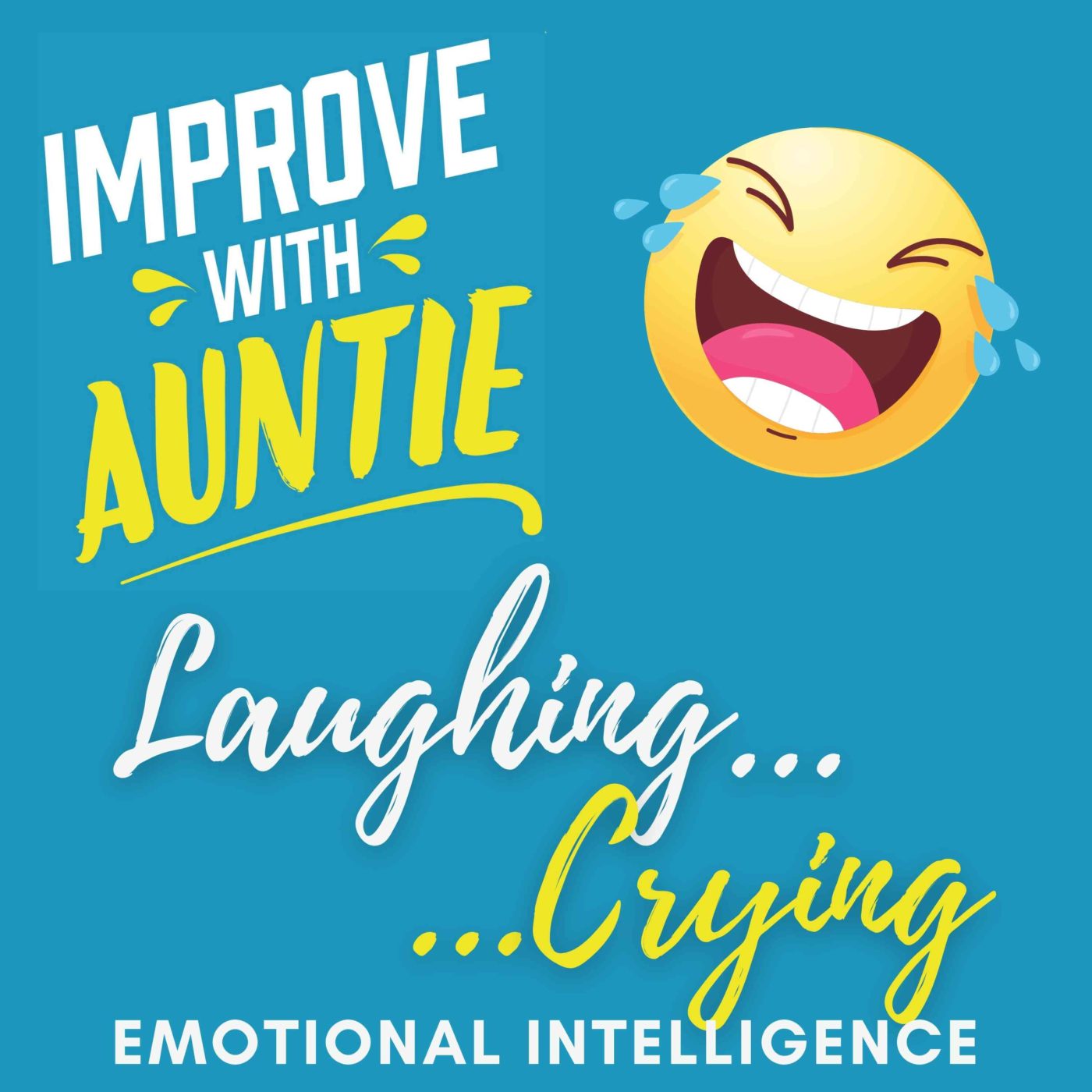My nephews, they are allowed to say when they’re mad or when they’re sad or when they’re scared. They’re allowed to talk about their feelings in a way where I would have been shushed when I was a kid.
Caren Evers
Emotional intelligence, like sharing, is one of those competencies that’s best acquired early on. Anyone with access to an auntie has an advantage here. But my roundtable guests Pam Covarrubias, Caren Evers, and Lisa Widder all agree that they’ve received just as much as they’ve given when it comes to emotional intelligence. Possibly even more.
Aunties play a significant role in reinforcing a child’s ability to assess, express, and work with their emotions, regardless of whether the learning opportunities happen weekly or just once a year.
From navigating playground disagreements to sleepover cliques, an auntie can bring into focus aspects of a situation that parents might take for granted––especially if the auntie in question doesn’t have children of their own. “Kind of almost like an outsider’s perspective,” says Caren, adding that our ability to observe in this way often means we’re more acutely affected since our time with the ones we love is limited. In contrast, parents encounter a new dilemma on the daily.
Maybe a little part of me is healing as they find me a safe person to share with.
PAM COVARRUBIAS
I definitely feel a profound ache every time I watch my nieces bump up against an inter- or intrapersonal challenge. As the toddlers grow into their personalities and the preschooler experiments with life beyond social distancing, I’m resisting the urge to protect in a way that prohibits their emotional growth.
It turns out I’m battling some of the same patriarchal messages that my roundtable aunties experienced growing up, such as girls remaining genial at all costs and boys stoic.
“I bristle about the word nice because it’s what the three of us, as women were taught to be as girls, and it has created decades of problems,” says Lisa, who’s pleased to see that needle moving. She points out that kids receive more encouragement to explore and examine their feelings in real time now, just as her nephew did during a trip to Chicago’s Chinatown. Catch the full story in this episode’s “Cool Things Aunties Do” segment!
Pam says that her role as an auntie is to provide more overt emotional support to her nieces and nephews than she experienced growing up. “Me having grown up within a LatinX family, there’s a lot of stigma about and shame around the things that kid, teenagers do,” she explains. “I found it very interesting that they found me safe to share those things… Maybe a little part of me is healing as they find me a safe person to share with.”
Don’t mind us. We’re just a few aunties vanquishing outdated norms and helping the world cultivate greater emotional intelligence.
Join the Round Table
Ask your question for “Ask Aunties”, share a “Proud Auntie” or “Cool Things Aunties Do” moment, tell a “How NOT to Auntie” tale, or tag us on IG @improvewithauntie in your fave auntie posts. Upload audio files here.
Or email your story to Andrea: andrea [at] thecreativeimpostor.com
Connect With Our Guests
Auntie Wit & Wisdom
PAM
“When it comes to my niece and nephew, I think––and even the adopted ones––it’s about supporting and holding space for them. Maybe they don’t feel that they can share with their parents so much.”
“I believe that we can have, we can be supportive to children or young people and whichever age they have to their level of age without betraying them.”
CAREN
“My nephews, they are allowed to say when they’re mad or when they’re sad or when they’re scared. They’re allowed to talk about their feelings in a way where I would have been shushed when I was a kid––and I’m very happy about that. They’re growing up in a time when they can just come into the kitchen and say, well, I’m sad today, you know? And then you can talk about why.”
“In terms of resilience, little boys learn resilience really quickly because they learn like, well, we’re done playing the game, now it’s over [and] we’re back to being friends in the classroom. And a lot of little girls and women struggle with that, just through that playground metaphor.”
LISA
“I feel like I’m safe harbor. and that’s my role, well, I would say one of my roles, because as adults in any family situation, you just naturally take on a lot of roles, especially if there are children involved.”
“There was a lot of stiff upper lip or stuff it down when we were growing up and to see kids now having their feelings out there just like Caren said, sometimes it’s not convenient, but the alternative is for them to eat it and stuff it down, and we certainly don’t want that. We don’t want to get back to that.”
Get on our Cool Auntie list for new episodes and fun surprises
BECAUSE AUNTIES ARE GOOD LIKE THAT!

